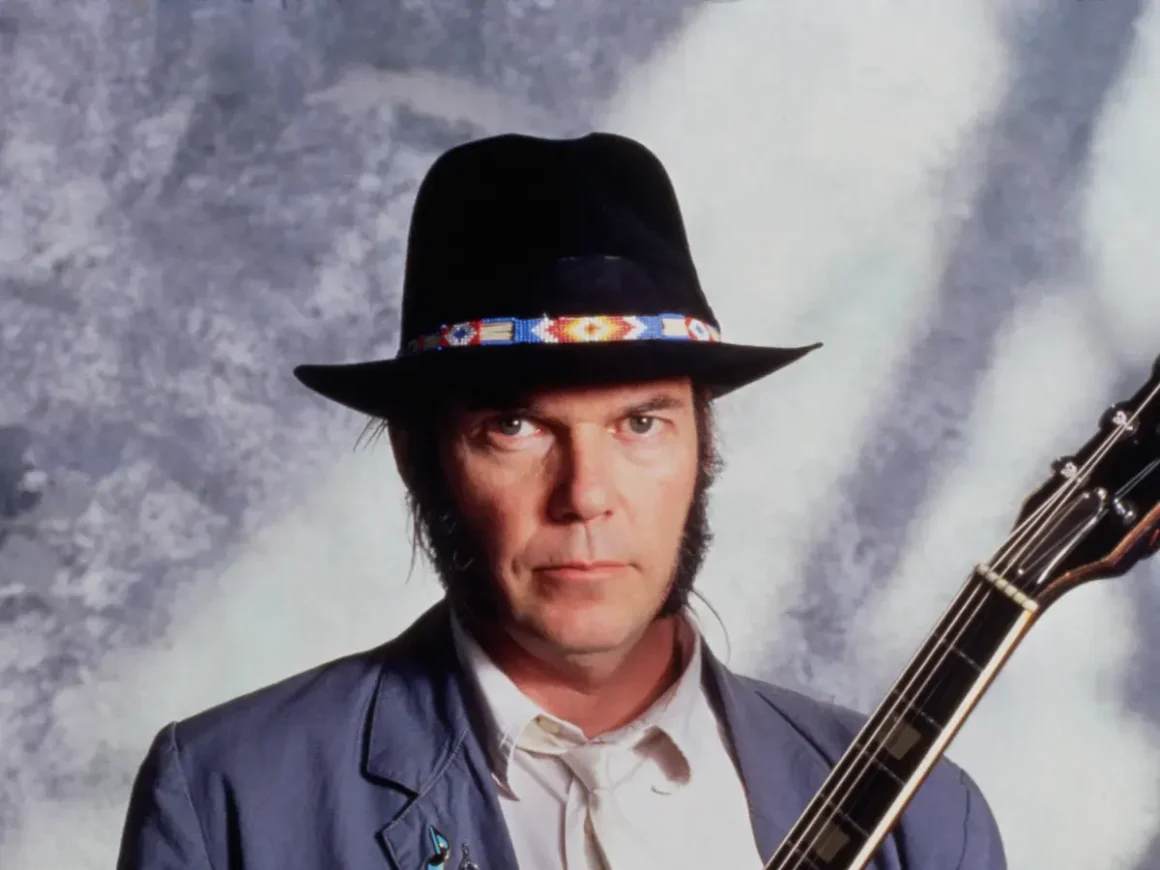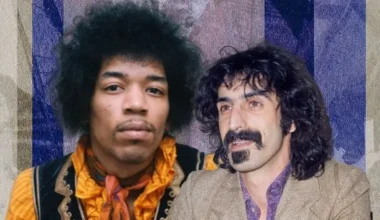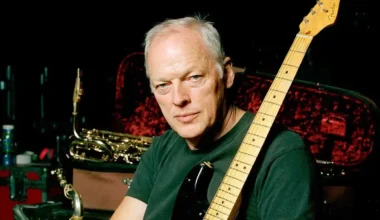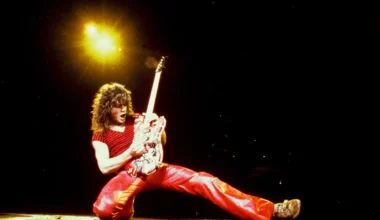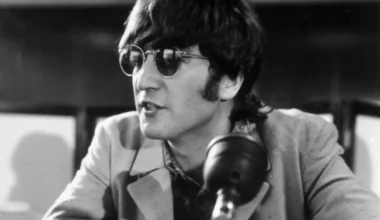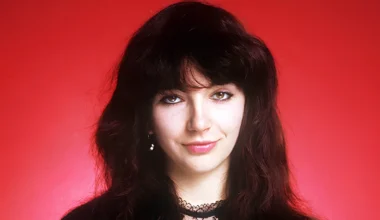The music should always come first for a great artist. The term “musician” is used to describe a profession for a purpose, and the true test of an artist’s value is their ability to put aside their ego and the press so that, when they take the stage to perform, they are in perfect harmony with their audience. Neil Young had mixed emotions after his first Woodstock performance, but he was never going to accept anything less than that kind of connection.
In retrospect, there’s a strong possibility that anyone would have done their absolute best to claim to have attended those 1969 New York gigs. Jimi Hendrix’s now-iconic rendition of the American national anthem is just one of the most iconic examples of the hippie generation that the Woodstock Festival left us with. Arguably, not all of the acts performed their best shows ever.
For Young, this type of performance is everything a musician could ask for. Even though labels saw rock & roll as a commodity, this was the one opportunity for people to unite. They aimed to give the impression that a peaceful, loving mindset might prevail in this small industry.
“When it happened for the first time, it was something special because there you were, and there were half a million people and we’re just realizing, ‘We are somebody,'” Young said in an interview with Charlie Rose. He felt a wave of emotion from the audience, unlike anything he’d ever known. We’re also changing things, and everyone is on board.
Documenting any significant milestone necessitates filming numerous shows from those few nights. You weren’t going to see Young in any of the footage from Crosby, Stills, Nash, and Young’s set. The footage of people like Hendrix and Santana has become rock legends.
Young recalled, “I thought these guys with their cameras on the stage were in the way of the music,” and how it severely limited what he wanted to do that evening. They served as a diversion. Thus, I warned them not to approach me. The guitar I play is heavy. I’ll hit you with it if you get too close to me.
The curse of the camera hampered not just Young’s belief in recording music. Even Paul McCartney discusses whether or not the cameras will interfere with the band’s creative flow. The Beatles attempt to record a new album in certain scenes of their documentary Get Back. Today, many fans thrill to see the footage.
Despite the presence of the camera, CSNY was sufficiently impressed with the occasion. They decided to include a cover of Joni Mitchell’s legendary song “Woodstock” on their upcoming album, Deja Vu. Even with the filming obstructing everything, they were still able to acknowledge that performing at a show of that caliber was a rare opportunity. It was something their generation would likely never experience again.

